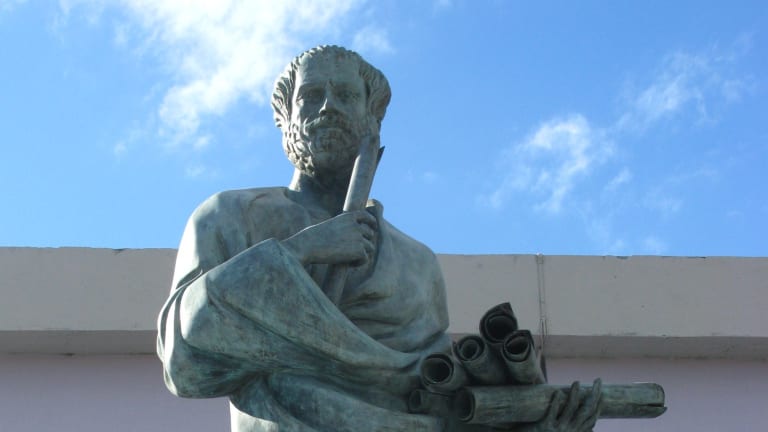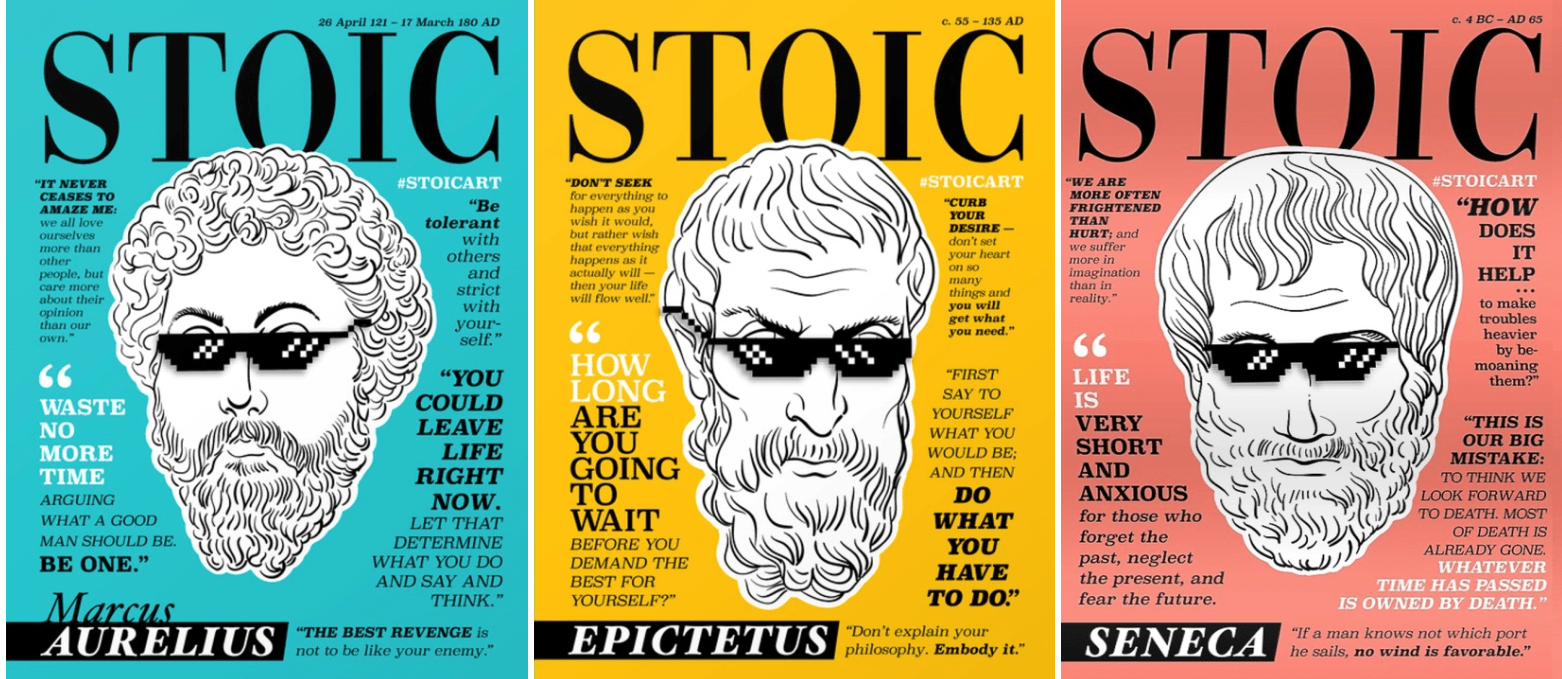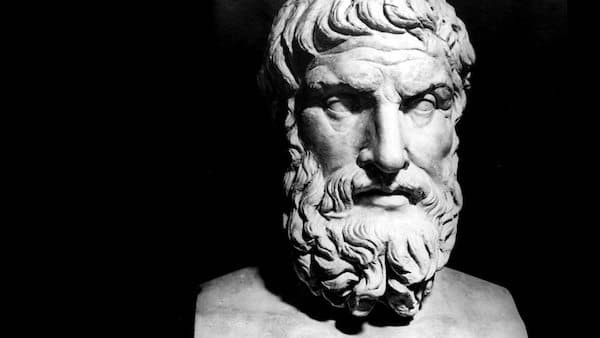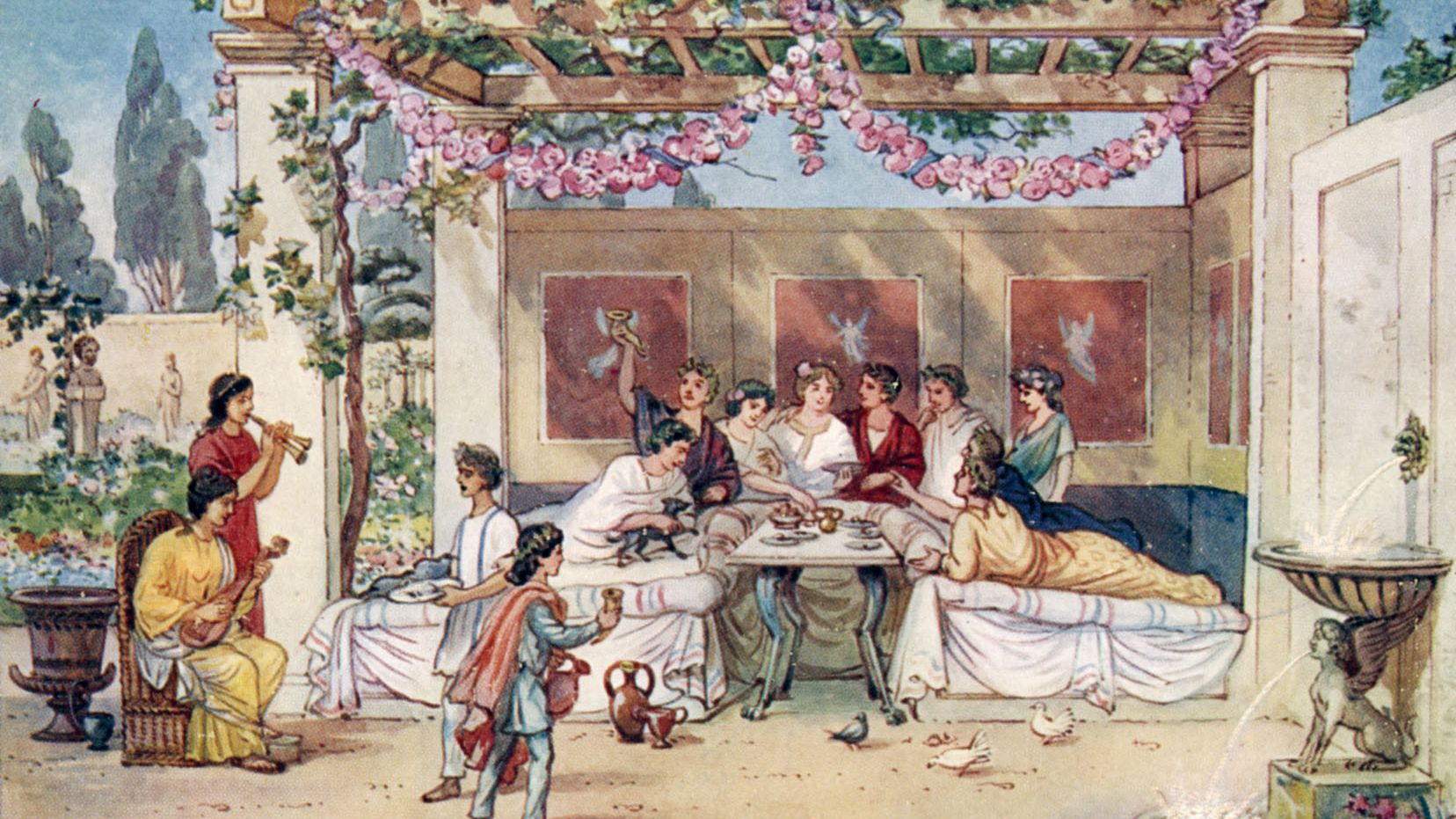Written by Lydia Serrant, Contributing Writer, Classical Wisdom We’ve all been there. Fear, anxiety, depression, existential dread…these are common side effects of the human condition and part of life experience. No matter where you have found yourself in history or what may be happening in global society, anxiety, depression and other mental and emotional challenges






